We all understand that certain jobs come with uniforms. But we also need to understand that religious freedom means that reasonable accommodations must be made when the uniform conflicts with someone’s religious faith. A court case that was recently settled in Minnesota illustrates that perfectly.
A Muslim woman, who remains anonymous, was hired by Unifi Aviation in 2018 to work as a security screener at Minneapolis-St. Paul Airport. In accordance with her Muslim faith, she wore a skirt to work, which was not an issue until the dress code changed in 2019, requiring her to wear pants. A request for religious accommodation was denied.
“The company’s regional operations manager told her that she would have to choose between her religion and her job,” according to the Minnesota Department of Human Rights. “When the employee refused to withdraw her religious accommodation request, Unifi Aviation abruptly fired her.”
She has settled with Unifi for $32,000 to cover missed part-time wages and the company has agreed to share information regarding other requests for religious accommodation as well as provide cultural competency training to their employees.
Our First Amendment doesn’t just protect freedom of religion, it protects freedom of religious expression. This woman has the right to embrace her faith by wearing a skirt as long as she is able to perform the functions of her job while doing so. It was up to her employer to accommodate her religion by making it possible, but they chose not to. They’re not the first workplace to show this kind of religious intolerance about the dress code.
Respect is essential for a civil society – which is why it is important to foster respect for a diverse range of lifestyles and beliefs, including religious beliefs. Most Americans want to live their lives according to their conscience and want others to have the same freedom.
Still, many Americans fear sharing their religious viewpoints in the workplace. But some – like this woman – don’t have a choice. She had to make her viewpoints known in order to live according to her faith. Most states have laws that protect workers from discrimination because of their race, sex, religion and other protected classes. Yet many Americans are still afraid to live according to their religion while at work. Expanding religious protections in the workplace can help create a more inclusive environment.
A 2022 survey found three in five Americans fear sharing their religious and political views outside the workplace because doing so could result in “negative consequences at work.” Additionally, one in four Americans say they know someone who has experienced negative consequences in the workplace for “respectfully expressing their religious and political viewpoints.”
While this case had a fair conclusion, it shouldn’t have gone this far. In the future, we hope reasonable accommodations will be put in place for religious people so they are protected from workplace discrimination and retaliation before courts have to get involved.
